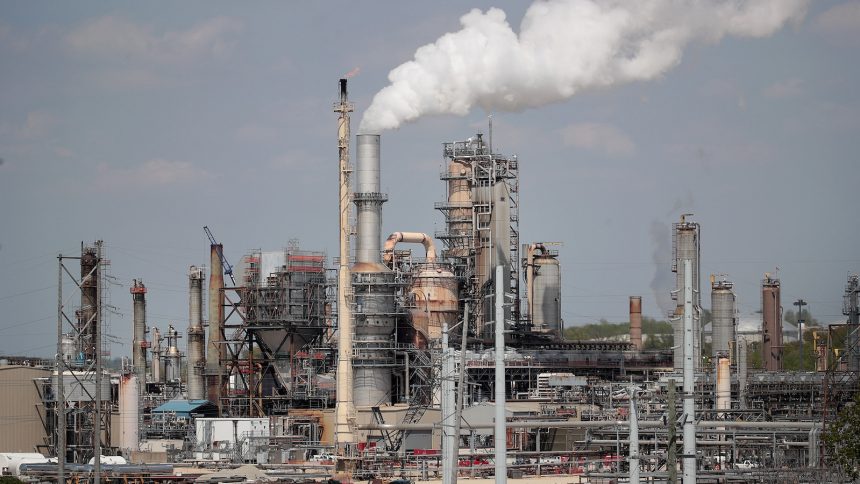A recent development in Illinois has put a halt to plans for a carbon capture and storage boom in the state. This technology, aimed at capturing and storing carbon dioxide deep underground, has been a focal point of the Biden administration’s efforts towards a greener future. With a surge in incentives for the industry at the federal level, Illinois has seen the proposal of three pipelines and 22 carbon storage wells. However, concerns raised by local farmers, landowners, and environmental advocates led to the passing of the Safety CCS Act in late May by Illinois lawmakers.
The legislation includes stringent regulations for the state’s carbon capture industry, including a moratorium on pipelines transporting CO2 and heightened safety measures. It marks the Midwest’s first ban of this kind and comes at a time when the industry is expanding rapidly in the region.
The new rules focus on three key areas – carbon emissions capture, pipeline construction regulations, and underground carbon storage protocols. They aim to ensure that facilities capture more carbon pollution than they produce and keep emissions below permitted levels.
Additionally, the law demands monitoring of injection sites for at least 30 years, publicly available safety modeling, and contributions to a statewide emergency fund. Companies must also pay surface owners for utilizing pore space, resolving ownership concerns.
While proponents see potential economic benefits, critics highlight the need for continued advocacy to protect vital resources like the Mahomet aquifer. Despite some compromises, the regulations provide regulatory certainty and outline a clear path for the industry to follow.






